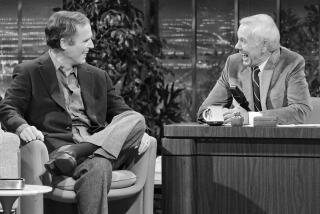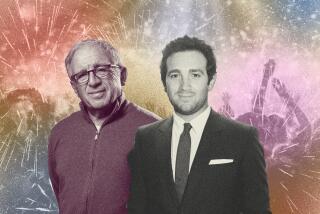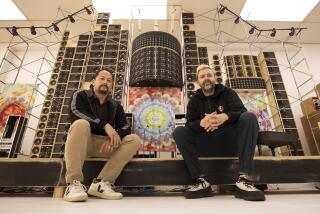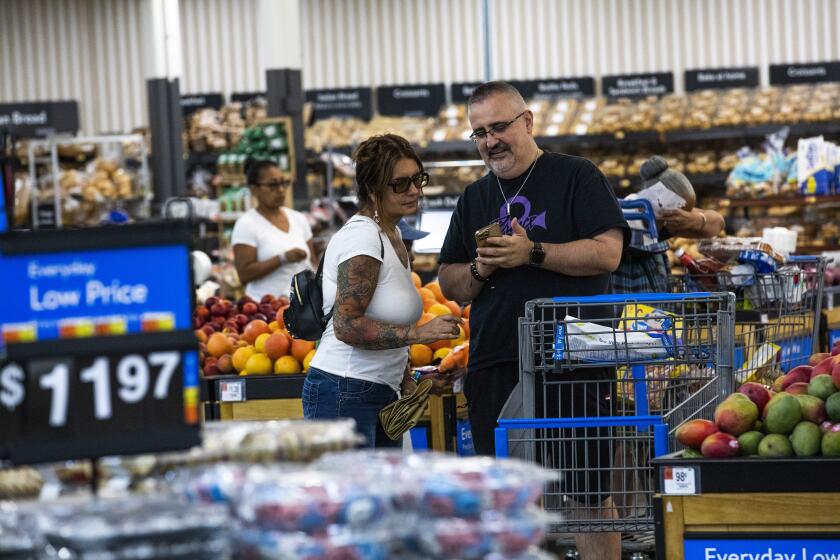Drum pioneer snares a big chunk of the market
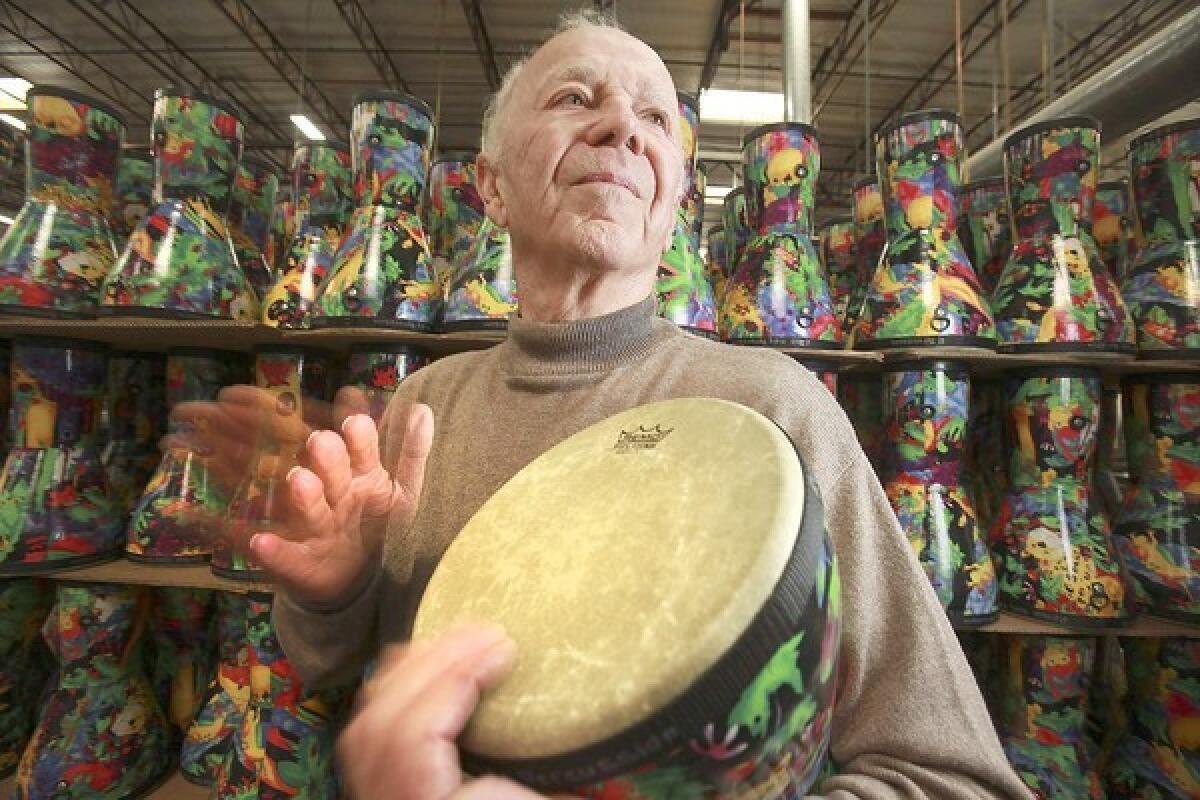
The gig: Chief executive and founder of Valencia-based Remo Inc., a pioneer in drumhead technology and a leading manufacturer of drumheads for more than 50 years.
Background: Remo Belli, 82, started drumming at age 12, while growing up in the South Bend-Mishawaka, Ind., area near Elkhart, a city known for producing band instruments. Because of the manpower drain created by World War II, he was able to become a professional drummer at 16 while still in high school. After a stint in the Navy, he played with jazz and swing groups and moved to California. He toured with jazz singer Anita O’Day, actress Betty Hutton and trumpeter Billy May.
Education: “My education is high school, period,” Belli said. “The rest is what I picked up by living life.”
Setting up shop: Realizing he had a knack for business, Belli opened Drum City in 1952 with fellow drummer Roy Harte at Santa Monica Boulevard and North Gower Street in Hollywood. “I had never heard the word invoice,” said Belli, who sees the humor in that now.
His big break: A retailer and a musician, Belli would often visit drum companies when he played in Chicago. In the mid-1950s, one company showed him a polyester film called Mylar made by DuPont Co. that had potential as drumhead material. “But they didn’t know what to do with it,” he said. Belli, who did customizing for musicians and made special equipment, returned to L.A., bought a piece of Mylar and stapled it to the wood hoop usually covered with animal skin in drum making. “We had this thought that it might have potential,” he said. His accountant introduced him to chemist Sam Muchnick, who developed a mass-production process of attaching Mylar to aluminum hoops.
How it grew: Remo opened in 1957 in 500 square feet of space in Hollywood, moving over the years and expanding to drum sets, other percussion instruments and accessories. Today, it occupies 217,000 square feet in Valencia and maintains a music center in North Hollywood.
Impact: Belli changed the music world and “allowed rock ‘n’ roll to happen,” said Joe Lamond, president and chief executive of NAMM, the International Music Products Assn., at an event this year. Without Mylar’s adaptation as a drumhead cover, there wouldn’t have been enough skins to supply the drums needed for the craze, Belli said. Plus, skins are sensitive to climate change, making traveling great distances for performances a challenge. Remo also was instrumental in standardizing the size of drum sets worldwide. This made it possible for rock groups to find equipment that would be the same wherever they bought it.
Global reach: Remo is committed to making products in the U.S. that are intended to be used here, Belli said. Joint ventures to make and sell products in China and Taiwan have allowed Remo to grow and service those markets.
Expanding markets: For entrepreneurs expanding to foreign markets, Belli recommends being able to communicate precisely. Fredy Shen, an executive vice president with Remo for three decades and president of Remo Asia, speaks, reads and writes eight Chinese dialects. Without Shen, Belli said, “we wouldn’t be anywhere near as successful.”
Current focus: During the next quarter-century, Belli anticipates expansion in music-making for fun and for health and wellness. Now he is also in what he calls “the life enhancement business,” promoting the use of drums as tools to be used in social, academic and medical settings. “The drum is so accessible to so many different environments. It’s one of the very few things you can do in a group immediately,” said Belli, whose North Hollywood center holds weekly drumming circles.
Personal: Belli lives in Valencia with his wife, Dr. Ami Belli. A fitness buff, he enjoys walking, lifting weights and other exercises. “I have no problem at 82 doing what I did at 62.”
More to Read
Inside the business of entertainment
The Wide Shot brings you news, analysis and insights on everything from streaming wars to production — and what it all means for the future.
You may occasionally receive promotional content from the Los Angeles Times.
